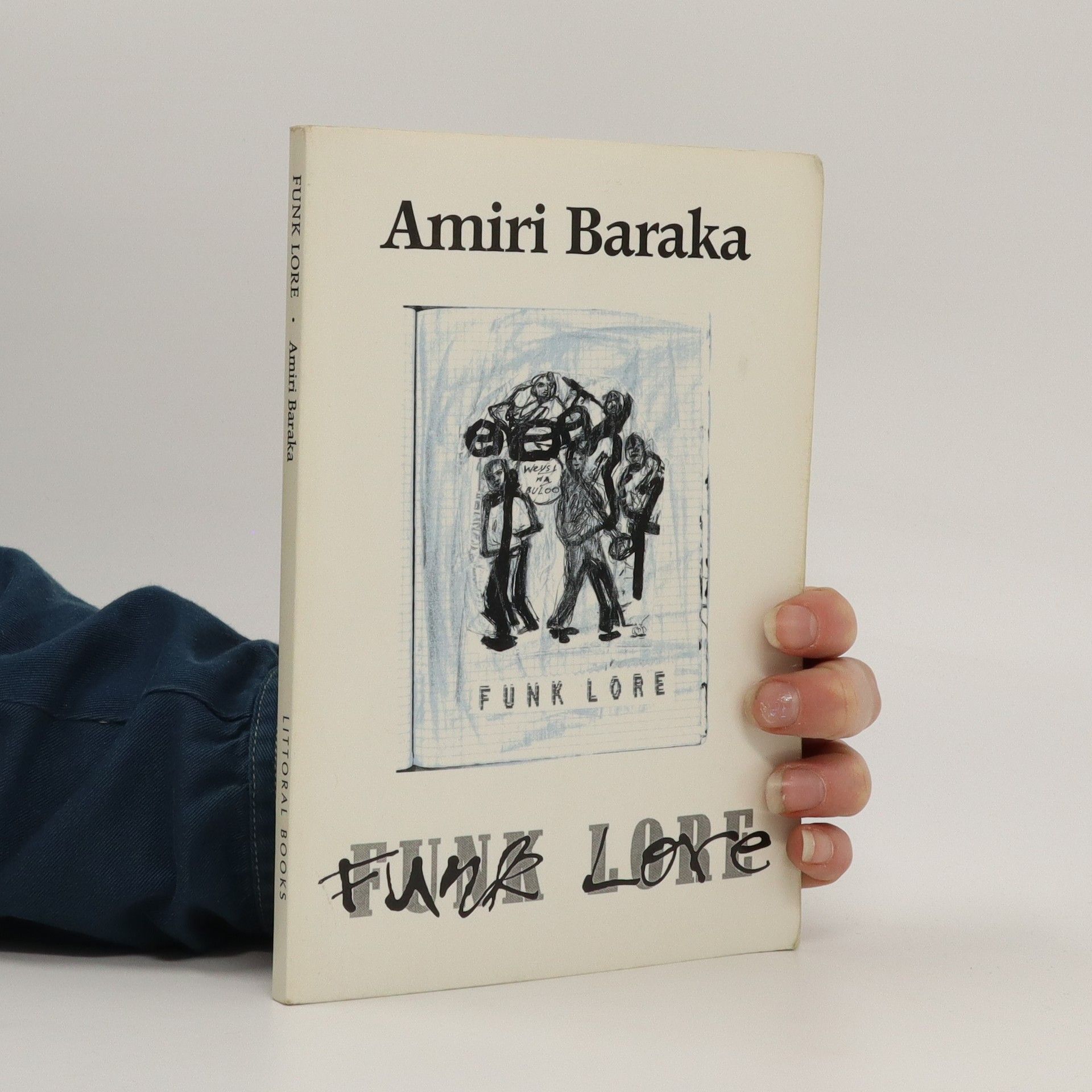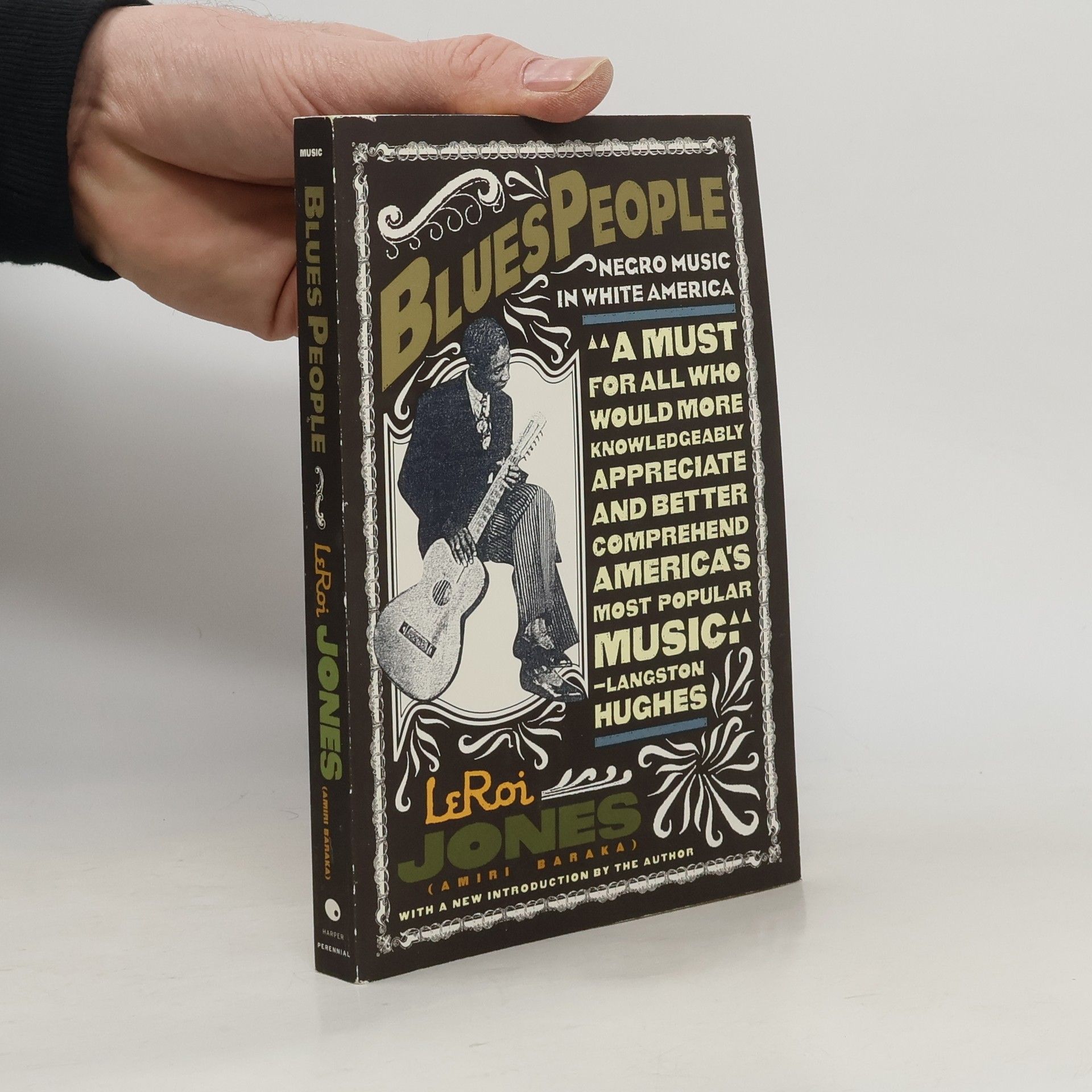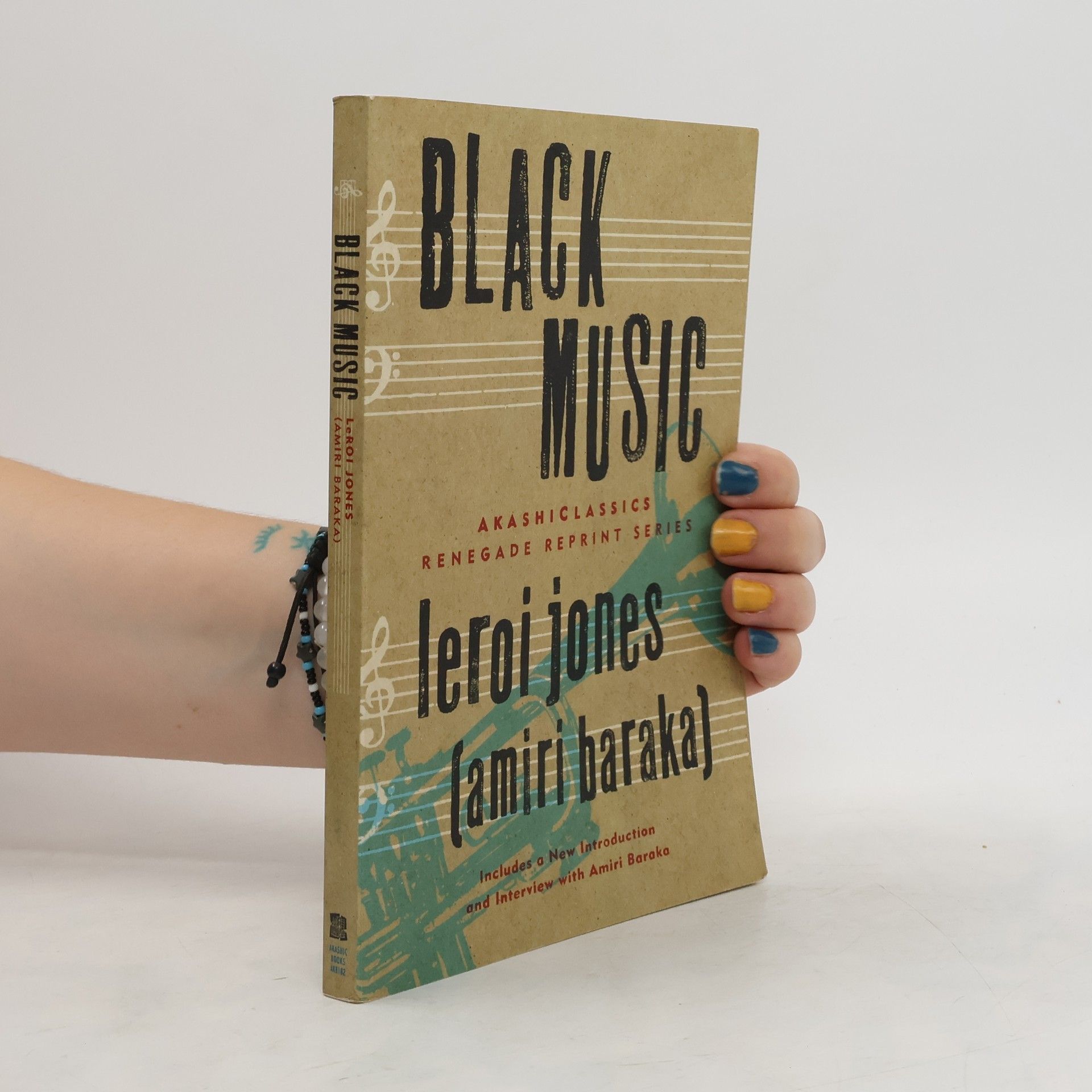Przedmowa do listu samobójczego w dwudziestu...
- 64 pages
- 3 hours of reading
Przedmowa, czyli poeta na początku długiej, meandrycznej drogi. Debiutant, który jednak zapewnił już sobie miejsce wśród reprezentantów (białej) powojennej awangardy amerykańskiej i wśród twórców (białej) beatnikowskiej wspólnoty; kontestator, który spod ich skrzydeł się na naszych oczach wyrywa, rzucając wyzwanie ojcom, mistrzom i patronom. Tom zaczyna od wierszy o trzech, połączonych z nim więziami rodzinnymi kobietach, a kończy rozpoznaniem obcości, naznaczającej jego los i poezję: afrykański blues / mnie nie zna. Tytułowy akt samobójczy odczytajmy więc, pozostawiając na boku wątki autobiograficzne, jako zapowiedź długoterminowego nicowania wszelkich tożsamości, zewnętrznych, opresyjnych i uwikłanych w grę ideologicznych interesów. Debiutancki tom Baraki w czujnym i językowo w pełni wiarygodnym przekładzie Karola Poręby nie tylko wypełnia lukę w naszej wiedzy o historii wiersza amerykańskiego, ale też, brzmiąc zaskakująco świeżo, może wejść w żywy dialog z powstającą współcześnie nam poezją Jerzy Jarniewicz







